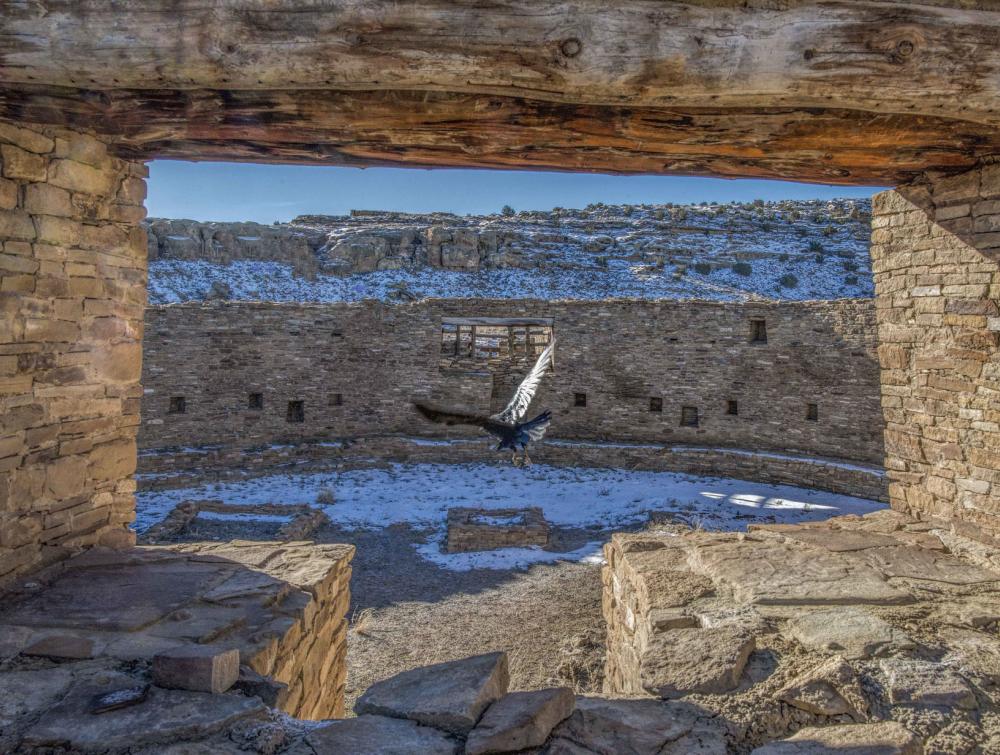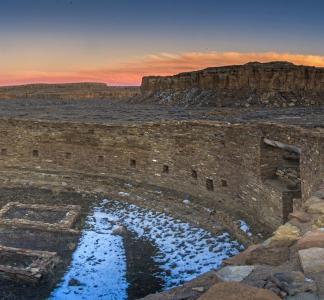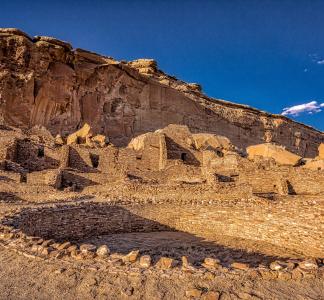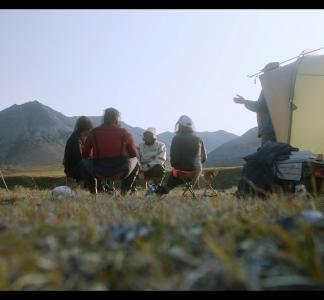New film: Drilling in Chaco Canyon region threatens Indigenous cultural sites

Casa Rinconada is one of the "kivas" located at the Chaco National Park.
Andrew Kearns/FLICKR CC BY 2.0
Tribal leaders call for govt action in “Protecting Greater Chaco”
Chaco Culture National Historical Park, a UNESCO World Heritage site in New Mexico, has hundreds of ancient houses, kivas (structures or rooms used for ceremonies, usually underground) , and roads sacred to the Pueblo and Navajo peoples. Immediately outside of the park’s borders, another 4,200 cultural sites have already been identified–but Tribes and archeologists say there could be many more.
Honoring and protecting all these sites is critical because the Greater Chaco Region, the landscape surrounding Chaco Canyon, is important to the ongoing cultural practices of Indigenous tribes throughout the Southwest.
“If it was possible for us as Indigenous people to protect this place it would have been done a long time ago” - Octavius Seowtewa of the Zuni Pueblo in Protecting Greater Chaco
Meanwhile, an overwhelming amount of oil and gas infrastructure, like wells, pipelines and roads, is encroaching on these sites and threatening the health of nearby communities.
A new film produced by Archaeology Southwest shows just how severe the problem has become in recent years—and the urgent need to stop more drilling in the region.
Documentary highlights broad support for protecting land from oil and gas leasing
In the documentary, members of the Acoma Pueblo, Hopi Tribe, Navajo Nation, Santa Clara Pueblo, Tesuque Pueblo and Zuni Pueblo explain the importance of this landscape and why tribal communities have fought for decades to protect it.
They also advocate for a federal government proposal to establish a 10-mile zone protected from drilling around the Chaco Canyon park that would last for 20 years.
“If it was possible for us as Indigenous people to protect this place it would have been done a long time ago,” Octavius Seowtewa of the Zuni Pueblo says in the film. “Our voices aren’t that powerful, so we have to rely on the federal government to help us with protection.”



